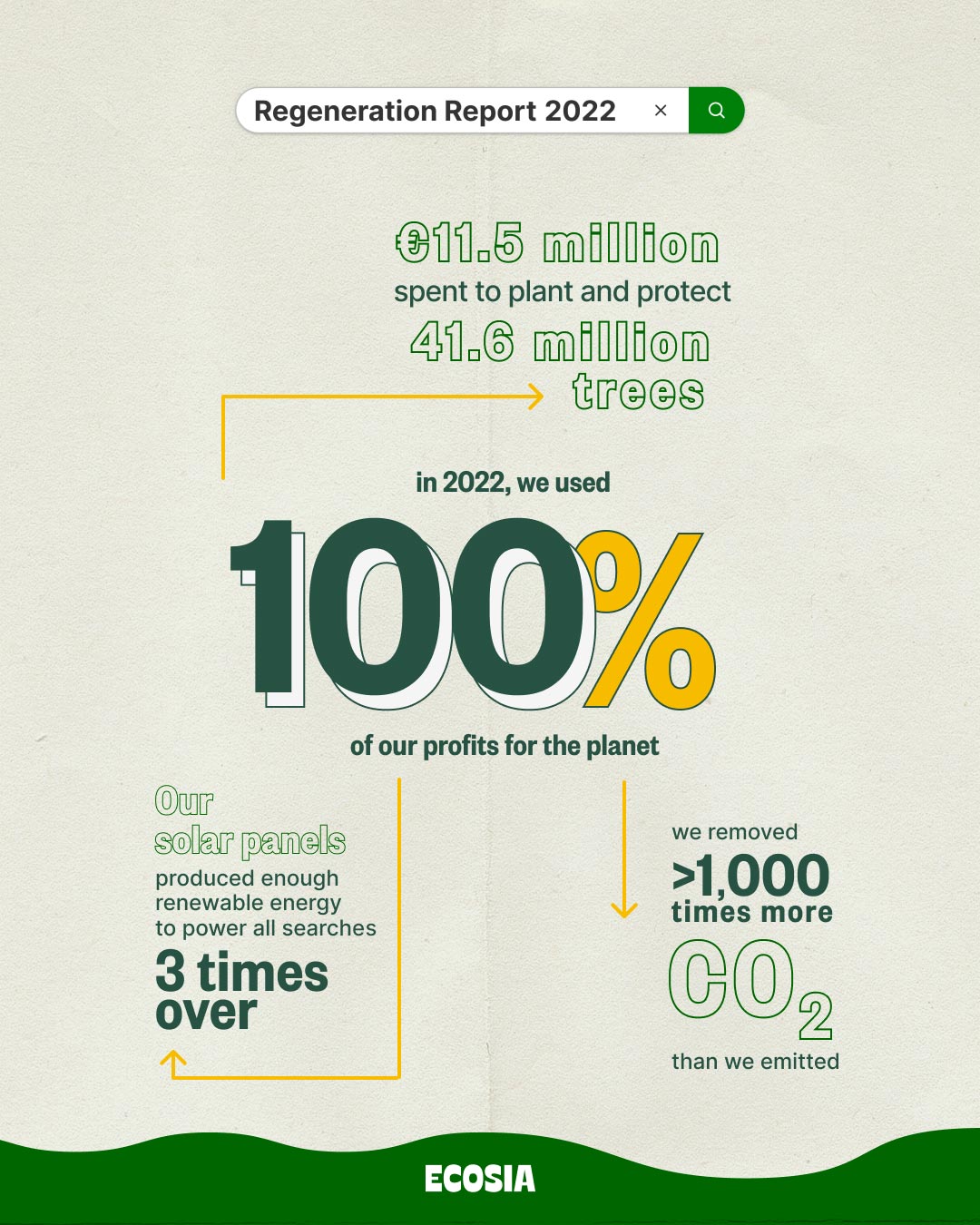Pledges are not enough
The old way of thinking about carbon footprints and offsetting emissions is not working. Promises are made, targets are set. Sustainability reports are published, more than ever. Meanwhile, emissions keep rising.
By buying carbon credits, businesses claim to be “green” and “net zero” without changing their harmful environmental practices. While pledging to do better, to be “carbon neutral” soon (have you noticed how “by 2030” has become “by 2035”?), businesses are acting in ways that are simply not compatible with a just and worthwhile future, let alone a thriving planet.
A new question
But the old way of thinking is not the only way. We can change our focus. Instead of aiming for neutrality, let’s look at the positive impact an organization could have if it wanted to. This potential impact — or “carbon handprint” as opposed to “carbon footprint” — is what we should measure its actions against. When thinking about businesses, we need to start asking a new question: how much of their profits do they dedicate to tackling the climate crisis?
The answer to this question tells you how invested a company is in fighting climate chaos. A company dedicating a high share of its profits to climate action is likely to be more ambitious when it comes to reducing its footprint than a company focused exclusively on maximizing the wealth of the 1%.
Ecosia's handprint
Let’s apply this new question to search engines, shall we?
For Ecosia, the answer couldn’t be more straightforward: we use 100% of our profits for the planet.
In 2022, this meant spending €11.5 million on regenerating landscapes in 14 biodiversity hotspots by planting 41.6 million trees from 751 different species — all thanks to your searches.
It meant that our solar plants generated enough energy to power all your searches three times over. By producing more renewable energy than we need, we crowd out dirty energy from the electricity grid. Why stop at neutral when we can have a positive impact?
It also meant we were able to support environmental projects we believe in, such as Germany’s biggest agroforestry project in Hof Lebensberg, or Wildfarmed in the UK, or Worldfund, Europe’s largest Climate Venture Fund, which we helped incubate with a funding commitment of €10 million. It meant removing over 1000 times more CO2 than we emitted.
You get the picture: “climate neutral by 2035” pales in comparison to the possibilities that open up when you use your profits for climate action. Companies, especially powerful multinationals, can have a tremendous impact on our shared home, both negative and positive.
It’s high time to raise the bar.
